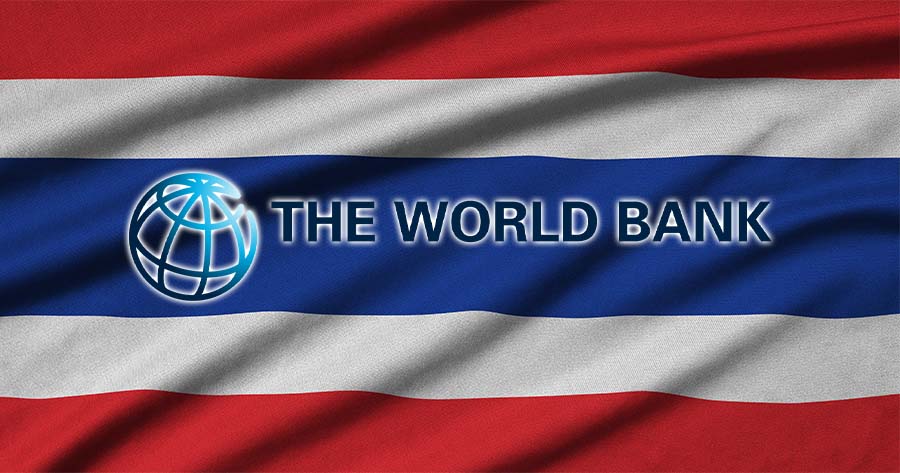The World Bank has unveiled its Systematic Country Diagnostic (SCD) Update for Thailand, outlining key reform priorities aimed at revitalizing growth in the face of a prolonged economic decline.
Titled “Shifting Gears: Toward Sustainable Growth and Inclusive Prosperity,” the report emphasizes five critical areas for reform in Thailand. These priorities include: strengthening human capital; fostering a competitive and innovative economy; unlocking growth in secondary cities; ensuring sustainable and climate-resilient development; and enhancing fiscal institutions and public finance.
According to Fabrizio Zarcone, the World Bank Country Manager for Thailand, these reforms are essential for Thailand’s advancement towards becoming an advanced economy with improved societal equity and a sustainable, climate-resilient economic model.
The report underlines the necessity for Thailand to enhance its education system, bridge skills gaps, and boost learning outcomes to drive innovation and inclusivity. This involves increased investment in education, optimized resource allocation, and aligning educational programs with the demands of the labor market.
Furthermore, the report advises Thailand to bolster its technological competitiveness, refine competition regulations, attract skilled professionals, and empower small and medium-sized enterprises by facilitating greater access to financial resources for innovation.
In the realm of environmental sustainability, the report emphasizes the importance of promoting sustainable agricultural practices and responsible tourism in Thailand. Addressing climate change challenges such as floods and droughts, improving water resource management, and prioritizing a sustainable energy transition are key to achieving economic prosperity while safeguarding the environment.





